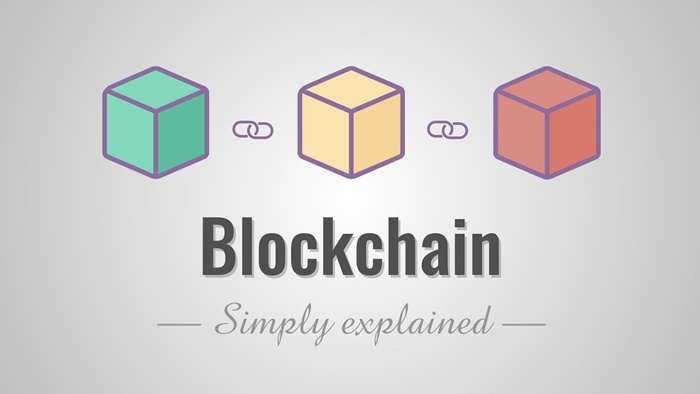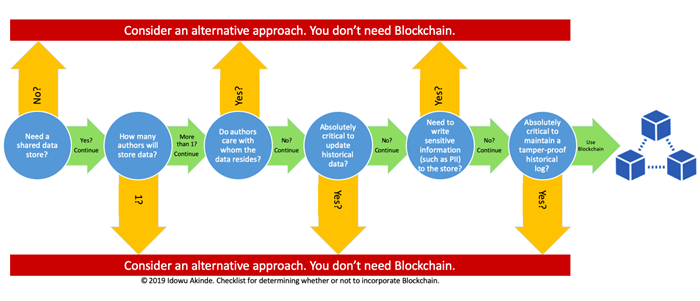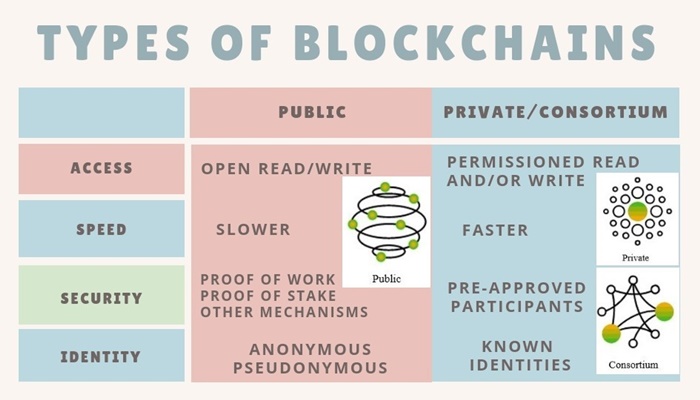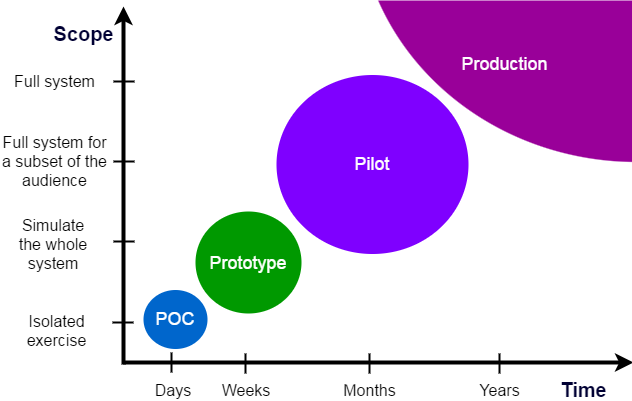By Idowu Akinde – BIG Nigeria Ambassador
In recent times, we’ve seen a rapid rise in the level of public awareness about #Blockchain. Especially within the context of cryptocurrencies, it is a given that individuals and corporations have made – and continue to make – a killing from this buzzword. All things being equal, this trend doesn’t look likely to abate any time soon.

Subsequently, I have been at the receiving end of questions which suggest that the growing popularity and interest levels of this emerging technology have captured the interest of most entrepreneurs and startup founders. These questions have ranged from the simple “What is Blockchain?” and “What’s it useful for?” to the slightly more advanced “Do I really need it?“, “What type do I need?“, “Is it really working anywhere?“, “How do I implement it?“, and so on.
“Yes, I know that Blockchain can be useful in any scenario where I’m storing and sharing data, but is that all I need to consider? Is there a checklist of pre-qualifying criteria that can guide me toward making an informed decision on whether or not to use Blockchain?”
It’s completely understandable that people are – in some cases – considering incorporating this emerging technology into their existing solutions and – in others – implementing it in their brand new solutions altogether. The salient point I’ve often heard underneath these questions (especially from non-techie tech executives) is something along the lines of “Yes, I know that Blockchain can be useful in any scenario where I’m storing and sharing data, but is that all I need to consider? Is there a checklist of pre-qualifying criteria that can guide me toward making an informed, defensible decision on whether or not to use Blockchain?”
In this piece, I will try to answer the most-frequently-asked question “Do I really need Blockchain?”, and I expect that somewhere along the line, a few other ancillary questions will be answered.
1. First Things First – What Is Blockchain?

While there are many definitions of blockchain out there, let’s agree on a working definition that will suffice for the purposes of our discussion.
- “A blockchain is a growing list of records, called blocks, that are linked using cryptography. Each block contains a cryptographic hash of the previous block, a timestamp, and transaction data.” – Wikipedia
- “A blockchain is an immutable, time-stamped series record of data that is distributed and managed by a cluster of computers.” – BlockGeeks
2. What is Blockchain Useful for?
The short answer – from the above definitions – is that Blockchain is useful in technology deployments within which there is the need for an immutable historical log of some type of activity (whether they be transactions or some other type of system interaction).
“{Broadly speaking} …Blockchain is useful in technology deployments within which there is the need for an immutable historical log {of transactions, etc.}…”
The above statement will become clearer further along when we define the earlier-mentioned pre-qualifying “checklist” for deciding whether or not to adopt Blockchain.
The longer answer – however – is that Blockchain is useful in technology deployments that require not one, not two but ALL THREE OF: (1) Decentralized Storage, (2) Transparency, and (3) Immutability.
“{Specifically speaking} …Blockchain is useful in technology deployments that require not one, not two but ALL THREE OF: (1) Decentralized Storage, (2) Transparency, and (3) Immutability.”
3. Do I Really Need Blockchain?

First off, let’s clear the air. Let me be quick to say that Blockchain is not a silver bullet. It is therefore not appropriate (as an architectural design consideration) for all types of technology solutions.
“Blockchain is not a silver bullet.“
Having said that, how can anyone quickly and easily arrive at a decision on whether or not to incorporate Blockchain into their solution? I designed a checklist / flowchart / decision tree which will help anyone – techie or non-techie – to answer the question of whether or not they really need Blockchain for their specific use case.
Please see the image below:

The following questions achieve the same outcome:
- Do I need a shared, consistent data store?
- How many authors will write to the store?
- Do my contributing authors care who hosts the data?
- Is modification (updates/deletes) of historical data a critical requirement?
- Do I need to store sensitive information (such as Personally-Identifiable Information (PII)) to the store?
- Is it absolutely critical to maintain a tamper-proof historical log of all writes to the store?
4. What Type Of Blockchain Do I Need?

Now, that depends. On three factors, expressed below:
- Do I know all my authors? => If no, then I need a Public (or Permissionless) Blockchain. If yes, continue to Question 2.
- Is transparent verifiability by any random member of the public a critical requirement? => If no, then I need a Private (or Permissioned) Blockchain. If yes, continue to Question 3.
- If I’m here at all (meaning that I cannot predict ahead of time who all my authors would be and transparent public verifiability is critical for my project), then I need a Hybrid (or Consortium, or Public Permissioned) Blockchain.
5. Alright. So how do I go about implementing a Blockchain?

Errr… to be fair, the answer to this question is way out of the scope of this article, but just for the sake of completeness, I decided not to omit it.
If you got to this stage, CONGRATULATIONS! You have verified that you do have a case for Blockchain adoption and are ready to move forward with implementing / incorporating it.
The team at Boolean Labs would be absolutely delighted to speak to you about your next exciting #Blockchain project.
Do reach out to me (LinkedIn | Twitter | E-mail) to discuss your needs and help you move your project forward.
=====
Boolean Labs is a focused technology innovation hub that is changing the African technology-development narrative by powering enterprises large and small with expertise in emerging technologies such as Blockchain, Artificial Intelligence, and Virtual Reality. We are strategic partners with the Blockchain Industry Group, the IdeaGist Blockchain Incubator, and Hyperledger.
Thank you.



